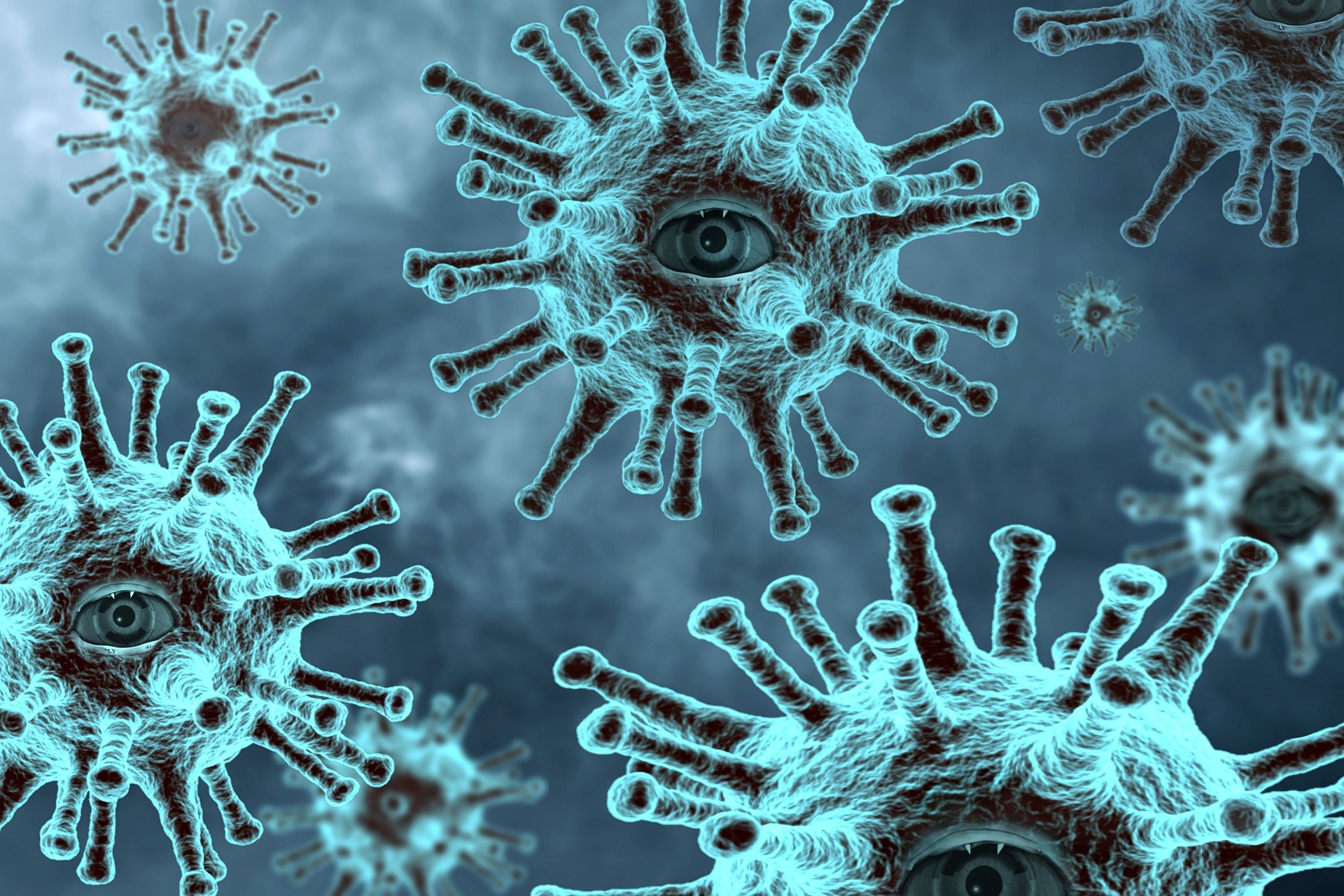The period of self-isolation is not an easy time. Experts of our company came across an article in one of the American publications about research and advice from scientists on how to cope with loneliness and despair in such a situation.
In the everyday life of each of us, one way or another, there are many people and contacts with them. We went to work in the morning, talked with colleagues, in the evenings we met with friends in bars and cafes, walked with family in parks and squares, made plans for the coming weekend and next week. And it seemed to us that this is the norm of life. Recently, however, everything has changed a lot.
In all cities of Russia and the world, a self-isolation regime has been introduced. It is especially hard for those who live alone, and especially if a person is accustomed to a rather active rhythm of life. For such people in particular, the first few days were the most difficult. Monotony, worries, lack of understanding of what will happen next.
It got easier over time. However, the feeling that you miss freedom of movement, live communication and the opportunity to visit your favorite places will somehow persist. Many are very worried about the future, how and what will happen after the end of the regime established today.
The specialists of our company, like many today, are on self-isolation. And yesterday, in search of interesting information, we met and translated from English an article about the research of American scientists, which is extremely relevant in the current situation. Next, we will share with you some advice from scientists in the field of psychology, which we read in the translated material.
Several studies have suggested that our social relationships may be just as important to physical health as they are to mental health. Research has linked widespread loneliness to higher mortality rates and other health complications.
University of California social psychology professor Naomi Eisenberger says the current situation in which billions of people are cut off from their normal lives is unprecedented. She stresses the importance of people living alone trying to stay connected with others. Today, social networks and video calls are helping to cope with this task.
“One of the things I’ve heard from people is that it’s interesting that now you’re starting to understand who you really are close to, because it doesn’t matter who lives next to you or who is easy to reach,” she says. …
Her research team is also investigating whether the virtual communication that we all currently fill our schedules with is enough to feel really needed and meaningful. Scientists have a question whether this process fully meets the need for communication. The answer to it has not yet been fully found. It is believed that only partially.
Professor Stephanie Cacioppo, an expert in behavioral neuroscience and psychiatry at the University of Chicago, is full of practical advice for those living alone. She and her late husband were renowned for their groundbreaking research that differentiates between loneliness and feelings of loneliness.
She says adjusting our thinking and expectations is the key to avoiding feelings of loneliness. This means that accepting events is out of our control and knowing that being away from the people and things we love is only temporary.
“Now you live alone. And right now, you have no choice. So you can either scream all day long or get the most out of it, ”says Dr. Cacioppo.
Some immerse themselves in self-education, others become more active on social media. Everyone finds their way out of the situation in the circumstances.
Another practical tip for dealing with loneliness that Dr. Cacioppo suggests is keeping a journal of your emotions during isolation. You can take notes of things that make you feel happy, or jot down tasks completed throughout the day.
“People have done research showing that self-compassion, or gratitude towards others, but also towards yourself, can actually increase levels of inner well-being and happiness,” says the professor. These acts of kindness don’t have to be time-consuming or expensive, she explains. It is important to find the details for the description that are right for you.
Dr. Cacioppo advises people to plan their lives even in self-isolation mode. Only this should be done for a short time, and not as we are used to in ordinary life. “We all lost control of our reality. We had schedules, we planned events,” she says. “We could just look at the schedule for next week, and we knew exactly what we were going to do, and now it’s a little different.”
The professor suggests setting 3 manageable goals for the day. This will help you to feel your importance, need, and also at the end of the day, subject to the achievement of a result on the tasks set, to feel a sense of accomplishment.
The most important thing is not to get discouraged and panic. Can you share some of the methods you can use to avoid feeling lonely and upset during self-isolation?

